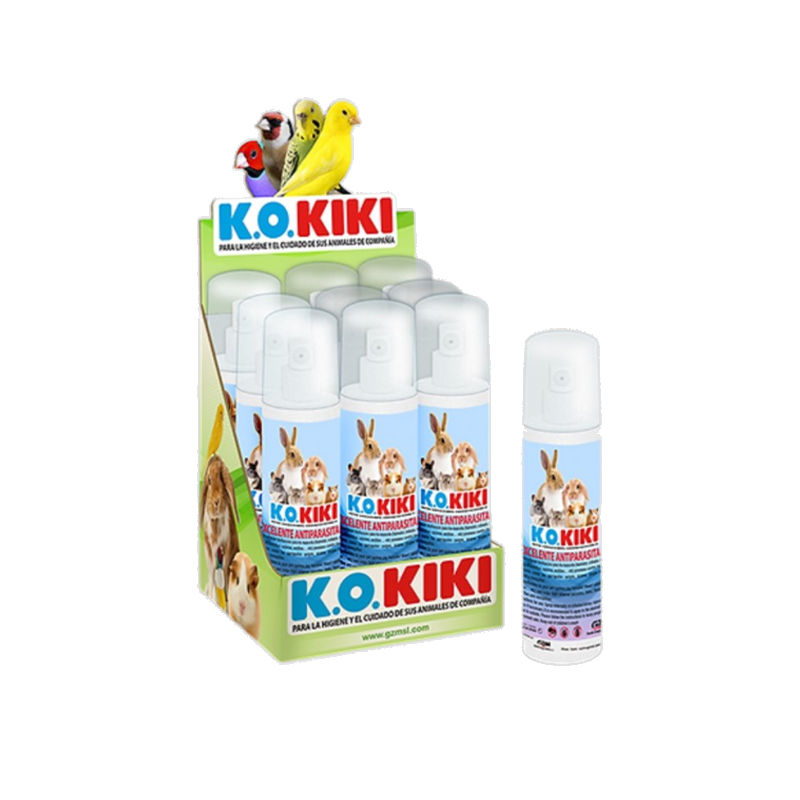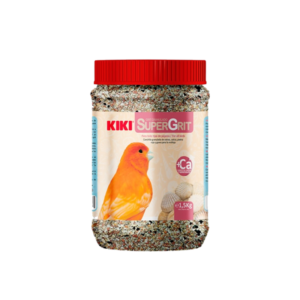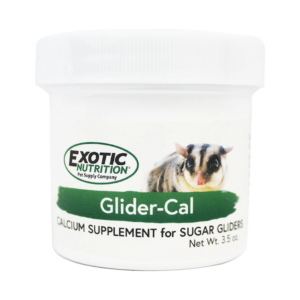KIKI ANTIPARASITE FOR RODENTS 200ML-2504
د.إ 35.00
K.O. KIKI, antiparasite for rodents
SKU: 8420717025042
Categories: Chinchillas, ferret, Guinea Pig, Hamster, rabbits, rodent health, Squirrel
Tags: EXCELENCE ANTIPARASITE, kiki, RODENTS, WHATS NEW?!
Description
KIKI Acaricide for rodents
K.O. KIKI, antiparasite for rodents
KIKI Acaricide for rodents
Acaricides are substances or medications used to control or eliminate parasitic mites that infest rodents. Mites can be a common problem in rodent habitats, causing irritation, discomfort, and potential health issues if left untreated. Here are some commonly used acaricides for rodents:
- Topical Treatments: These are typically applied directly to the skin or fur of the rodent to kill mites on contact. Topical acaricides may come in the form of spot-on treatments, sprays, or powders. It’s essential to follow the manufacturer’s instructions carefully and avoid getting the product in the rodent’s eyes, mouth, or respiratory tract.
- Insecticidal Dusts: Some acaricides come in the form of dusts or powders that can be applied to the rodent’s fur or living environment to control mite infestations. These dusts may contain active ingredients such as pyrethrins, permethrin, or carbaryl. Care should be taken to avoid inhalation of the dust and to keep it away from the rodent’s eyes and respiratory system.
- Environmental Treatments: Along with treating the rodent directly, it’s essential to address mite infestations in the rodent’s environment. This may involve cleaning and disinfecting the rodent’s cage, bedding, toys, and other items to remove mites and their eggs. Vacuuming and steam cleaning can also help eliminate mites hiding in carpets or upholstery.
- Oral Medications: In some cases, oral medications may be prescribed by a veterinarian to treat severe or systemic mite infestations in rodents. These medications typically contain acaricidal compounds that are ingested by the rodent and distributed throughout the body to kill mites internally.
- Veterinary Consultation: It’s crucial to consult with a veterinarian experienced in rodent medicine before using any acaricide or mite treatment on your rodent. Improper use of these products can be harmful or even fatal to rodents, especially if they are not formulated specifically for rodent use or if the dosage is incorrect. Your veterinarian can provide guidance on the safest and most effective treatment options for your rodent’s specific needs.
Read more:
Reviews (0)
Be the first to review “KIKI ANTIPARASITE FOR RODENTS 200ML-2504” Cancel reply
Related products
bird food
د.إ 21.00 – د.إ 35.00
This product has multiple variants. The options may be chosen on the product page
Hamster
د.إ 18.00 – د.إ 37.00
This product has multiple variants. The options may be chosen on the product page
bird food
د.إ 15.00 – د.إ 28.00
This product has multiple variants. The options may be chosen on the product page












Reviews
There are no reviews yet.